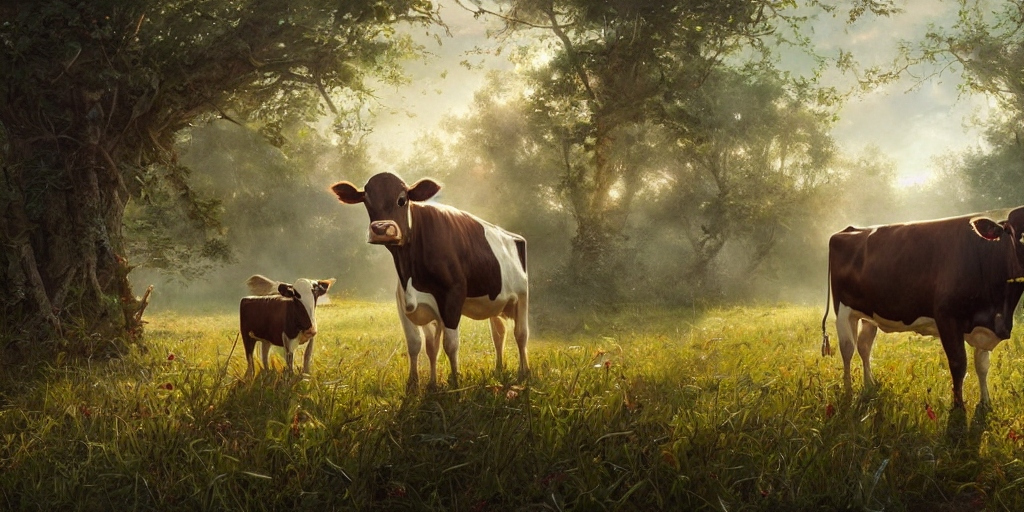The claim that cows have best friends is supported by scientific research. Studies have shown that cows form strong bonds with specific individuals within their social group, and these connections can reduce stress when they are together. This knowledge can improve the lives of these gentle creatures and empower us to treat them with the compassion they deserve.
Cows Have Best Friends fact

Many of us have heard the claim that cows have best friends, leading us to wonder if these gentle giants share our capacity for emotional connections. We want to discover the evidence behind this claim and the truth.
Do cows form emotional bonds?
The claim that cows have best friends is rooted in scientific research. Studies have shown that cows are social creatures, forming strong bonds with specific individuals in their herd (1).
A study by Krista McLennan at the University of Northampton in the UK found that when cows were isolated from their preferred companion, they exhibited signs of stress, such as elevated heart rates and cortisol levels (2). When reunited with their preferred companion, these stress indicators decreased significantly, suggesting that cows experience emotional attachments to specific individuals (3).
Research by the University of British Columbia demonstrated that cows prefer specific individuals within their social group and tend to spend more time with these preferred companions (4).
The emotional lives of cows
Evidence suggests that cows form emotional bonds; sometimes, these connections are akin to “best friends.” This research contributes to our understanding of the complex emotional lives of animals and challenges the assumption that they lack the emotional depth found in humans.
Understanding the emotional lives of animals like cows can have practical implications for their welfare. For instance, researchers and farmers are now exploring ways to reduce stress in cattle by keeping them with their preferred companions (5).
- McLennan, K. M. (2013). Social bonds in dairy cattle: the effect of dynamic group systems on welfare and productivity. University of Northampton, UK.
- McLennan, K. M. (2013). Ibid.
- McLennan, K. M. (2013). Ibid.
- Von Keyserlingk, M. A. G., & Weary, D. M. (2007). Maternal behavior in cattle. Hormones and Behavior, 52(1), 106-113.
- McLennan, K. M. (2013). Ibid.
